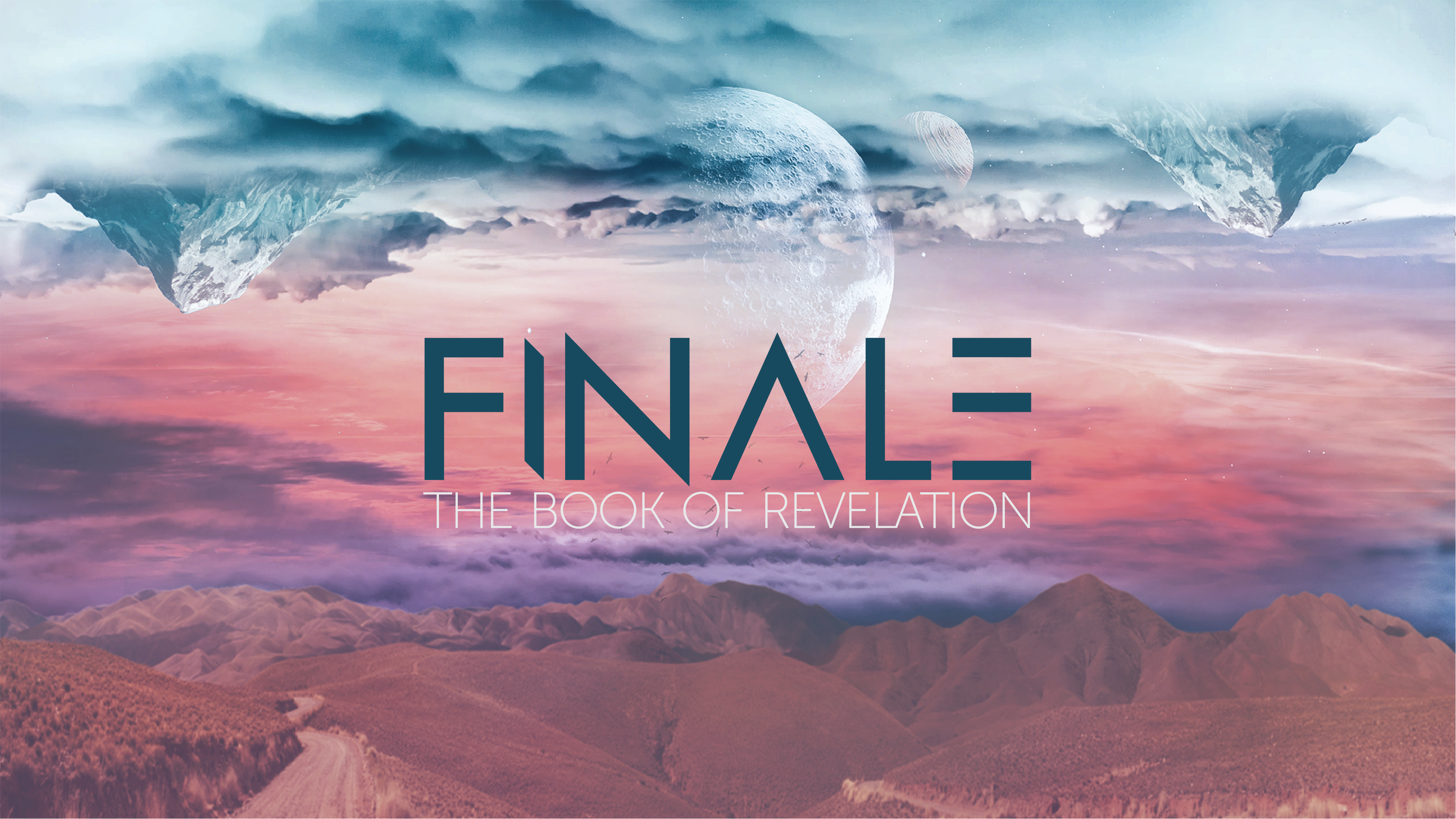Finale Revelation and Imagination Daily Devotional- 28
by David Joynt on July 03, 2021

1 JOHN 4:1-2| 1Beloved, do not believe every spirit, but test the spirits to see whether they are from God; for many false prophets have gone out into the world. 2 By this you know the Spirit of God: every spirit that confesses that Jesus Christ has come in the flesh is from God.
Because of the affirmation that God is the Creator, Christianity opposes forms of spirituality that downgrade and separate the material from the spiritual. Our verses from first John indicate a conflict, incipient too, in three of the seven churches to whom John writes, with Greek philosophical and religious ideas of God (Pergamum, Ephesus, Thyatira). The church eventually condemned Gnosticism, which we now understand well because of the discovery of a library of gnostic writings found at Nag Hammadi. Gnostics separated the highest divinity from the evil of the material world, insisting that a sub-god had done the creating. Their spirituality focused on freeing the divine spark of our immaterial soul from the prison of our bodies through special knowledge (Greek for knowledge is gnosis). In Revelation 4, John honors God’s creation and sees the material universe as the good gift of a holy God. Similarly, in his first letter he resists the idea that Jesus did not have a real body and that He underwent real suffering.
This matters because it concerns the nature of our humanity. We are deeply concerned about the environment and ecology, the abuse and misuse of bodies, unfair imprisonment, right labor practices, and animals, all because of our belief that the material world originates in a gracious act of creation. As we will see next week, it also means that the redemption of this world’s brokenness must come into the midst of our material humanity. The incarnation connects directly with the creation!
Can you see the way Christian ideas of creation shapes Christian ethics and the scope of our concern?
March 07, 2026
March 06, 2026
March 05, 2026